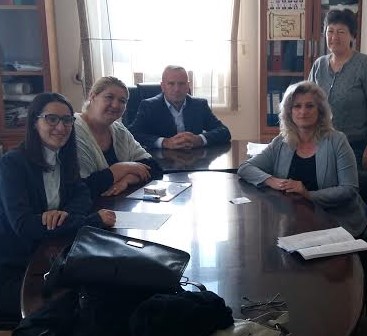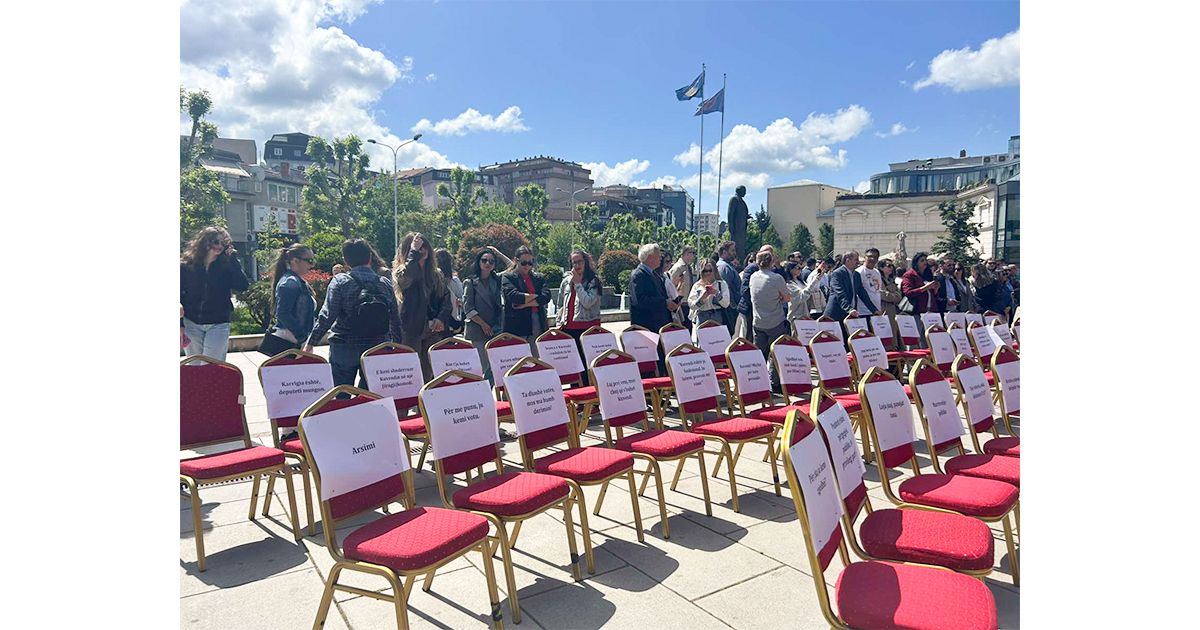Early marriage, girls discontinuing their education after primary school and a very low number of women in decision-making positions all were among the challenges facing women and girls in Municipality of Mamusha. The lack of gender policies at the municipal level was identified as one of the obstacles to the appropriate planning of projects and their implementation by institutions and civil society, towards advancing gender equality.
Identifying these issues and at the request of municipal officials, organization Dora Dorës has prepared a Gender Equality Action Plan for the year 2017-2019, which has been adopted by the Municipal Assembly of Mamusha. The plan deals with key areas including education, health, economic empowerment, women in politics and decision-making, domestic violence and many others. Also, for each of these areas, a person who will be responsible for their implementation was appointed.
‘Women here work a lot. They cultivate fruits and vegetables, create hand rafts… and all of this work needs to be acknowledged by others. The education of girls is also necessary’, said Luljeta Avdiq, Project Manager of Dora Dorës.
In order to draft this plan in the best way possible, Dora Dorës organised workshops with representatives from institutions, gender equality officers, relevant directors from Turkish and Albanian communities, women and men. In these workshops, the main areas of action were determined, as well as concrete objectives and activities. Based on best practices, these were identified following a gender analysis of the situation in the Municipality of Mamusha.
During one meeting, Seilan Mazrek, Human Rights Official within the Municipality, spoke about the importance of this plan which tackles various issues related to women’s rights in different fields.
Overall, 189 people benefited from this project, including women and men who contributed directly to its implementation. Now women and men who work in the Municipality of Mamusha will be better prepared to work towards addressing the needs within their community. They plan to continue informing diverse people about the existence of the Gender Equality Action Plan and its importance, towards contributing to its implementation in the future. The fact that the plan has been adopted by the Municipal Assembly, and that institutions have been very involved in the process of drafting it, is a good first step towards ensuring the political will necessary for its implementation in the future.
This initiative was supported by the Kosovo Women’s Fund (€2,994), funded by the European Union Office in Kosovo.



